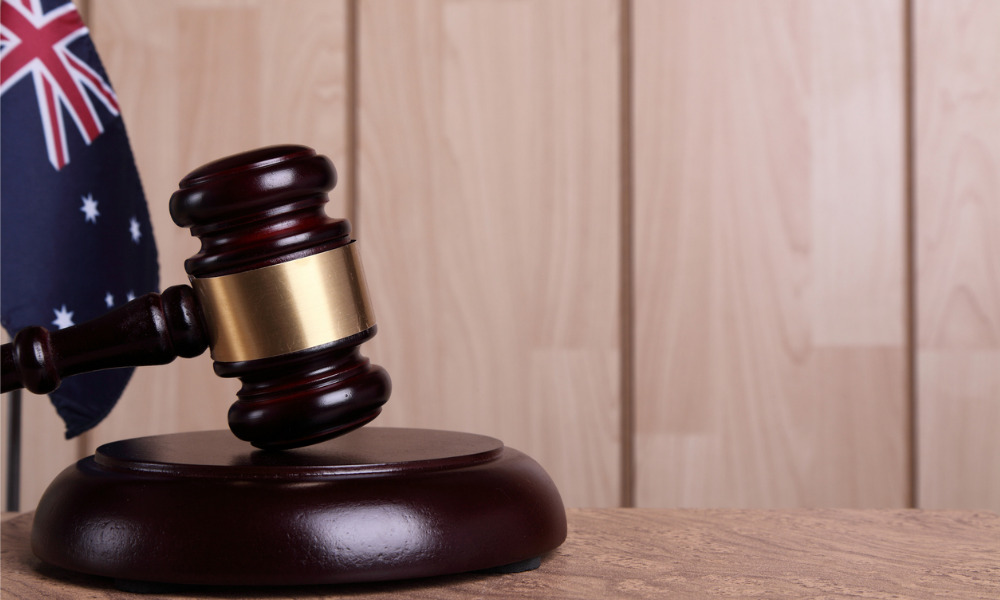
The legislation emphasizes on speaking with accountability – but is it enough to make a difference?

As part of a larger effort to overhaul Australia’s defamation laws, prime minister Scott Morrison has introduced a new legislation that would force social media companies to reveal the identities of troll accounts – a move that was received with mixed reactions. Under the legislation, social media companies are asked to collect personal details of current and new users and allow courts to have access to these.
Users can also ask companies to remove racist, defamatory and illegal speech through a complaints mechanism. If the content is not withdrawn in 24 hours, social media companies are asked to disclose the commenter’s personal details to the user or be forced to do so in court.
"Digital platforms must have proper processes to enable the takedown of this content," Morrison said. "They have created the space and they need to make it safe, and if they won't, we will make them [through] laws such as this."
By doing so, the legal responsibility shifts from individual trolls to the social media companies themselves, an act supported by the Australian Law Council.
It is currently unclear what information will be asked from users, but this will likely include phone number, email address and contact name.
This brings up a concern on the collection of personal data, which could easily be faked. For media expert Dr. Lauren Rosewarne, social media companies have offered nothing but “lacklustre responses” to the issue of online trolls.
“Who is going to pay for the verification?” Rosewarne told The Guardian. “If the data isn’t actually verified then I imagine the most problematic social media users will simply enter fraudulent details without many deterrents.”
Moreover, the legal act of placing responsibility on social media platforms is already too late, at least for cyberhate expert Ginger Gorman.
“So much real harm has already been done. This doesn’t go far enough,” Gorman said. “The government must legislate a duty of care so the public has to be kept safe by the platform. They are continually publishing egregious content and have no accountability for this.”
Gorman points to Germany’s similar legislation to heighten the stakes, where social media companies are at risk of paying a high price of €50 million if they refuse to follow orders.
“Media companies have shown over many decades that they will not fix this on their own,” Gorman Gorman told The Guardian. “So governments need to legislate to break them up, cut up their power and enforce a public duty of care.”
A draft of the anti-troll legislation is expected this week.